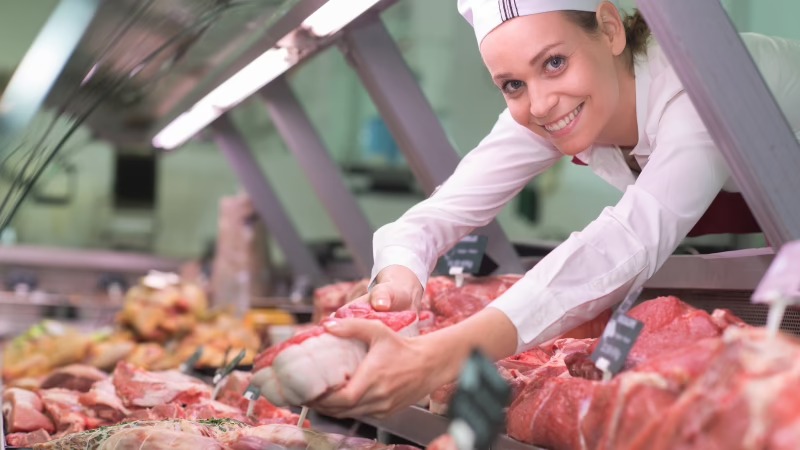
In the dynamic world of food production, efficiency, safety, and quality are paramount. One area where these elements converge is in meat processing. The use of specialized meat processing equipment has revolutionized the industry, providing numerous advantages that benefit both producers and consumers. This article delves into the benefits of using meat processing equipment, highlighting its importance in the food industry.
The meat processing industry plays a crucial role in the global food supply chain. With advancements in technology, meat processing equipment has become an indispensable tool for ensuring the efficient production of high-quality meat products. From grinding and mixing to slicing and packaging, these machines streamline various processes, enhancing productivity and ensuring food safety. But what are the specific benefits of using meat processing equipment? Let's explore.
One of the most significant advantages of meat processing equipment is the increased efficiency it brings to the production line. High-performance machines can process large volumes of meat quickly, reducing the time required for various tasks. For instance, industrial meat grinders can handle hundreds of pounds of meat per hour, significantly speeding up the grinding process.
Meat processing equipment ensures consistent results, which is critical for maintaining product quality. Machines like mixers and grinders are designed to deliver uniform textures and flavors, batch after batch. This consistency is essential for meeting consumer expectations and maintaining brand reputation.
By automating labor-intensive tasks, meat processing equipment reduces the need for manual labor. This not only cuts down on labor costs but also minimizes the risk of human error. Automated machines can perform repetitive tasks with precision, ensuring higher productivity and better quality control.
Meat processing involves handling raw and cooked meats, which can pose significant food safety risks if not managed properly. High-quality meat processing equipment is designed with hygiene in mind. These machines are made from materials that are easy to clean and sanitize, reducing the risk of contamination.
Modern meat processing equipment comes equipped with advanced safety features such as emergency stop buttons, guards, and sensors. These features protect workers from potential hazards, ensuring a safe working environment. By prioritizing safety, meat processing facilities can prevent accidents and maintain compliance with regulatory standards.
Processed meat products often undergo various treatments to enhance their taste and texture. Meat processing equipment, such as massagers and tumblers, helps integrate seasonings and marinades evenly, resulting in better-flavored products. Additionally, machines like smokers and cookers ensure that meats are cooked to perfection, enhancing their taste and texture.
Proper processing and packaging are essential for extending the shelf life of meat products. Meat processing equipment helps achieve this by removing toxins, conserving the meat, and ensuring it is packaged correctly. This not only reduces food waste but also ensures that consumers receive fresh, high-quality products.
Meat processing equipment is incredibly versatile, catering to various needs within the industry. From grinding and mixing to slicing and packaging, these machines can handle multiple tasks. This versatility makes them suitable for both small-scale and large-scale operations.
Many meat processing machines come with a range of accessories and attachments, allowing users to customize them according to their specific requirements. For example, grinders can be fitted with different plates to achieve varying levels of fineness, while slicers can be adjusted to produce slices of different thicknesses. This flexibility ensures that meat processors can meet diverse consumer demands.
While the initial investment in meat processing equipment can be significant, the long-term benefits far outweigh the costs. High-quality machines are built to last, providing reliable performance for years. Over time, the savings in labor costs, improved efficiency, and reduced waste contribute to a positive return on investment.
Efficient meat processing equipment minimizes waste by ensuring that meat is processed and packaged correctly. This not only reduces the costs associated with waste disposal but also maximizes the yield from each batch of meat, leading to higher profitability.
Modern meat processing equipment is designed to be energy-efficient and environmentally friendly. By optimizing the use of resources and reducing waste, these machines help minimize the environmental impact of meat processing operations. This is particularly important in an era where sustainability is a growing concern for consumers and businesses alike.
The meat processing industry is subject to stringent environmental regulations. High-quality meat processing equipment helps facilities comply with these regulations by ensuring that operations are efficient and environmentally responsible. This not only avoids potential fines and penalties but also enhances the reputation of the business.
The benefits of using meat processing equipment are numerous and far-reaching. From improved efficiency and productivity to enhanced food safety and product quality, these machines play a vital role in the meat processing industry. By investing in high-quality equipment, meat processors can achieve better results, reduce costs, and meet the growing demands of consumers.
In conclusion, meat processing equipment is an essential tool for modern food production. Its ability to streamline operations, ensure consistency, and enhance food safety makes it a valuable asset for any meat processing facility. As the industry continues to evolve, the importance of using advanced, reliable equipment will only grow, ensuring that meat processors can continue to deliver high-quality products to consumers around the world.
Pre :
Next :


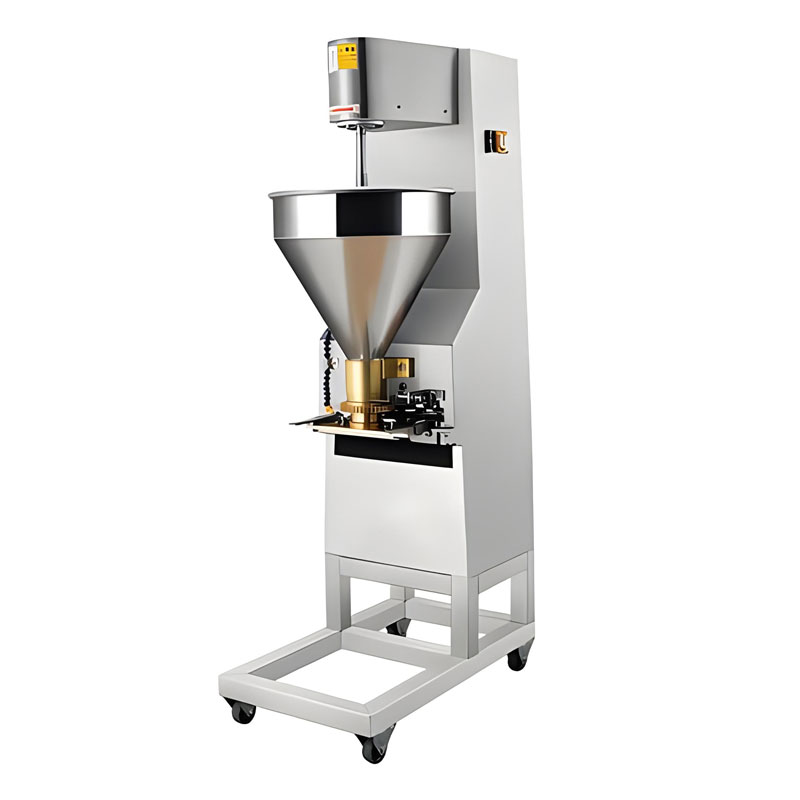
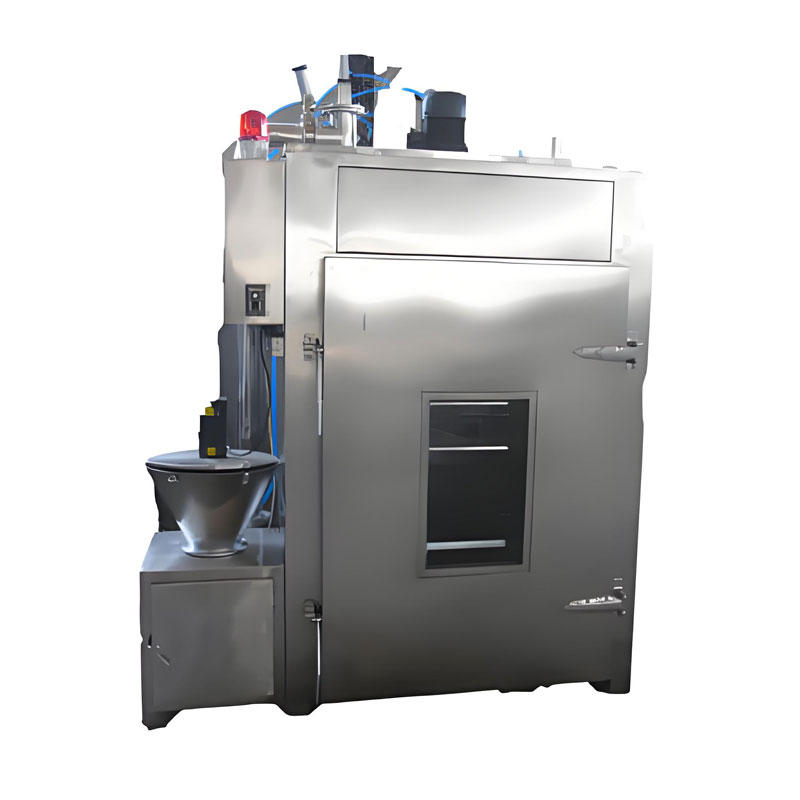
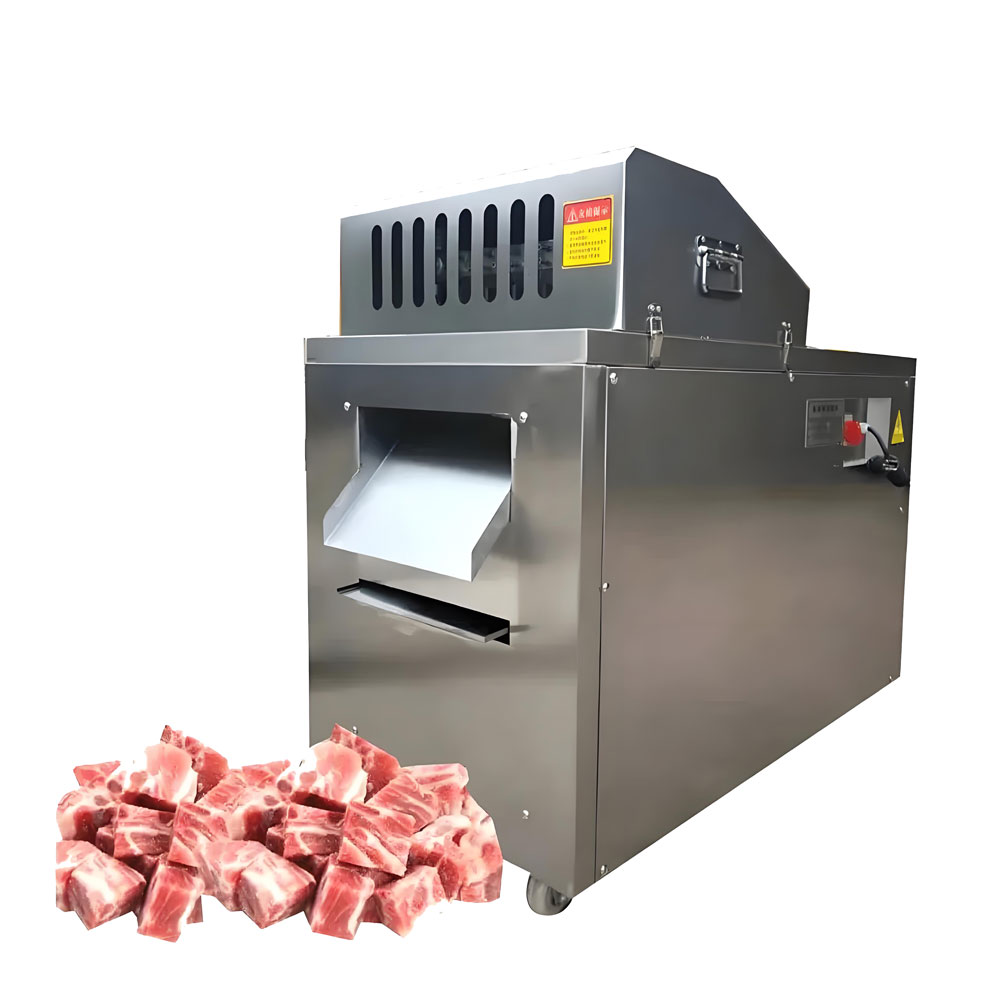
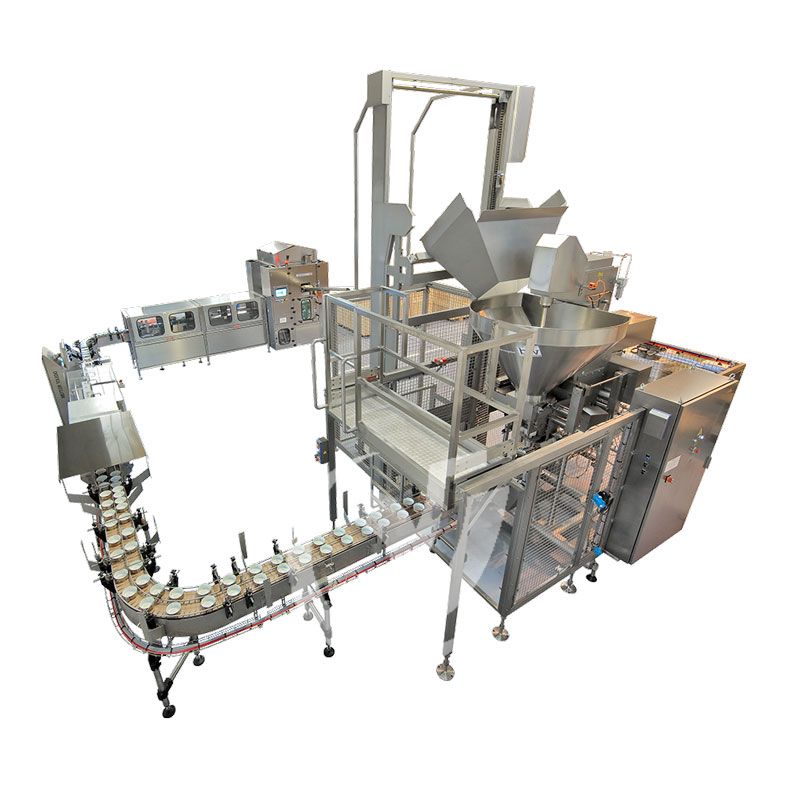

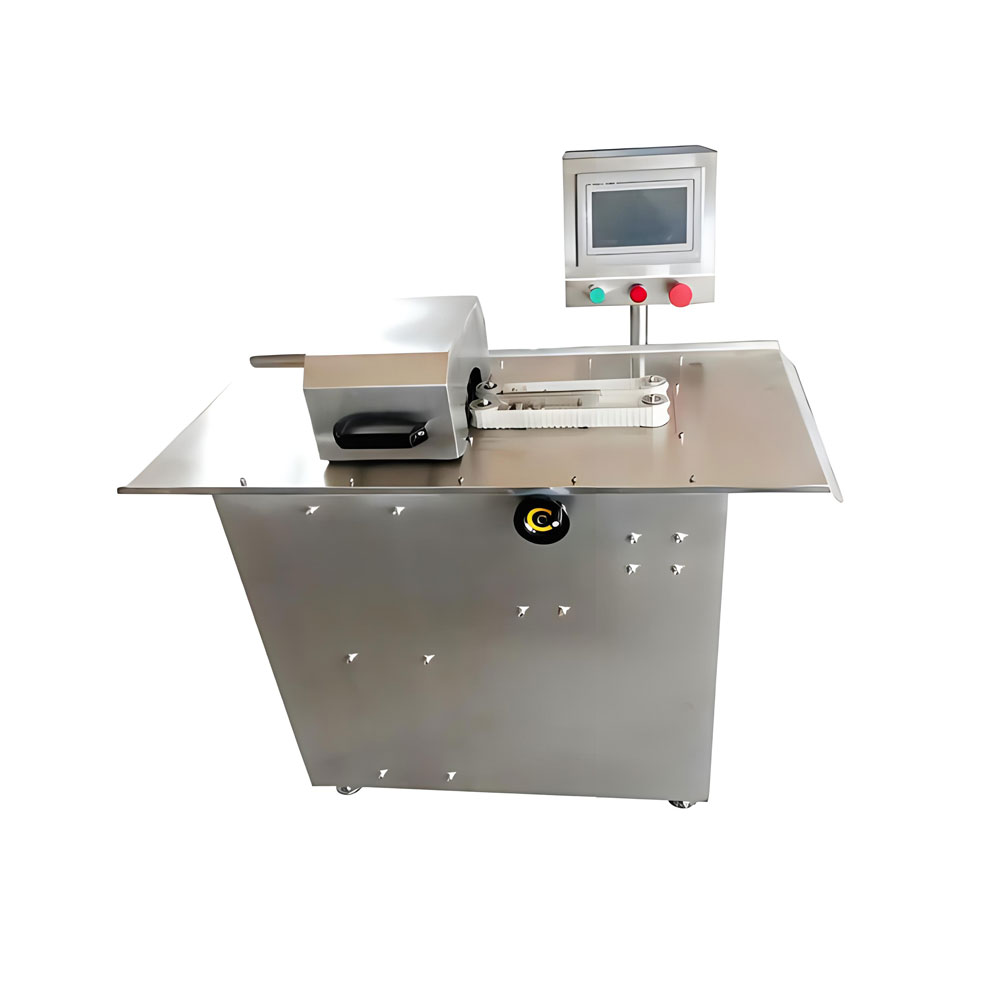
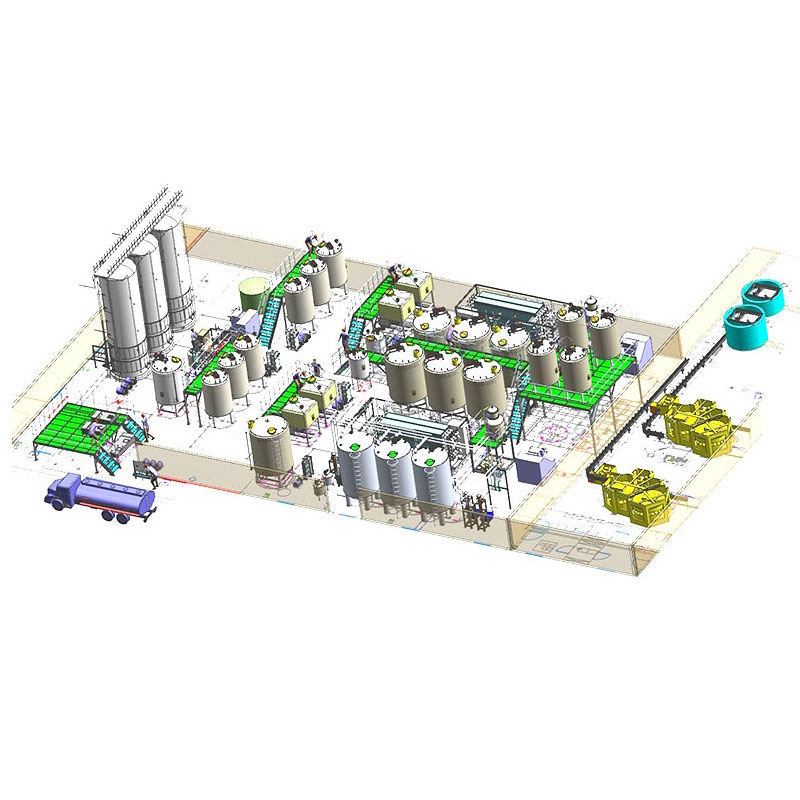
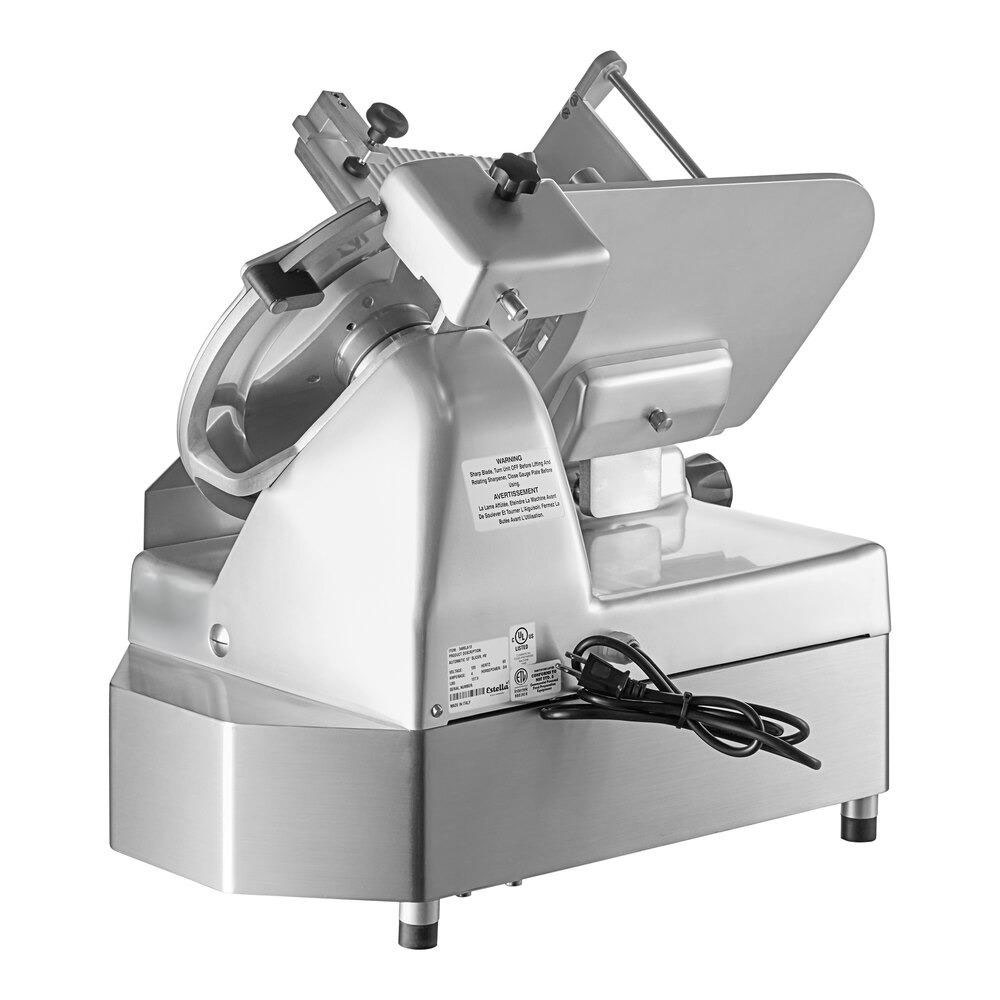
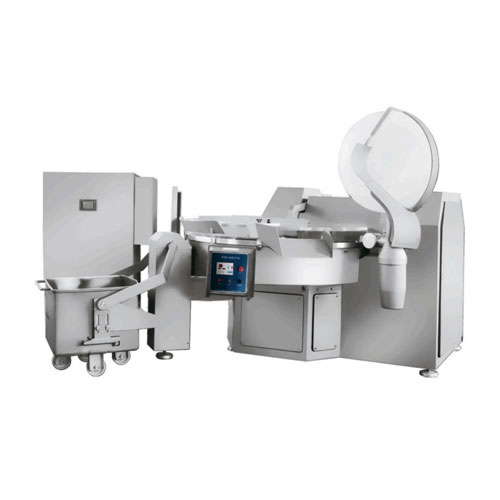
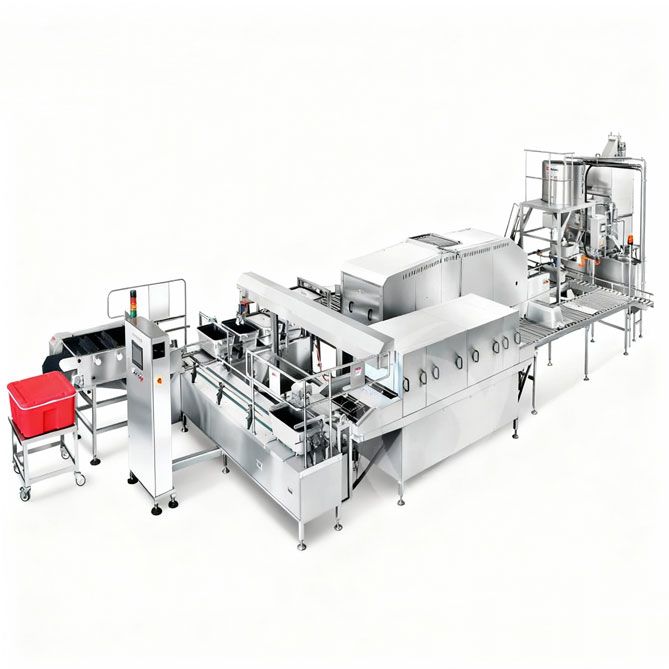
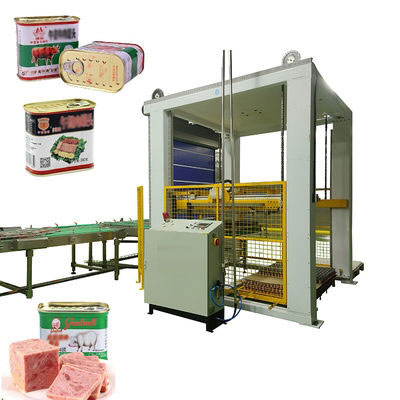 Canned Meat Production Line
Canned Meat Production Line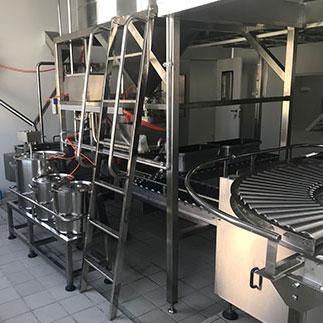 Cold Chain Rice Production Line
Cold Chain Rice Production Line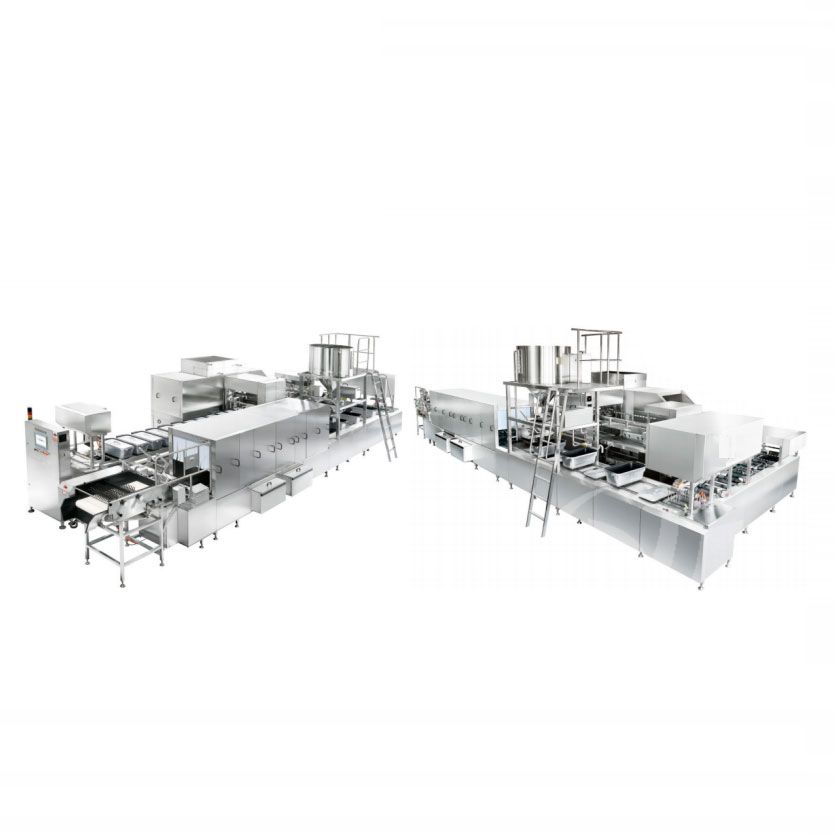 Unmanned Intelligent Rice Production Line
Unmanned Intelligent Rice Production Line
Ready to Get Started?